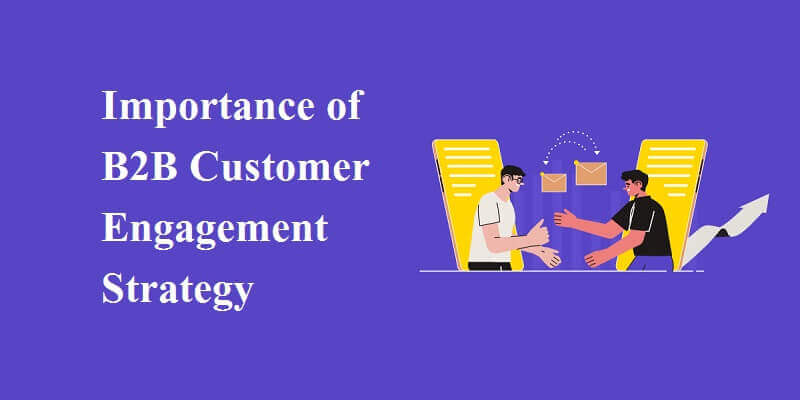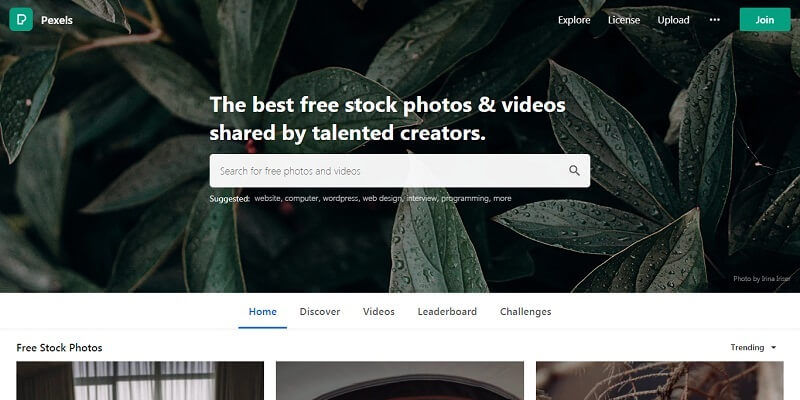B2B Customer Engagement Strategy: The modern digital consumer requires assistance in navigating the purchasing process. The 2022 Technology Buying Behavior survey by Gartner found that 71% of purchasers experienced delays due to “surprise” phases in the purchasing process, which prolonged the sales cycle and caused frustration. An additional two-thirds of purchasers stated that their inability to obtain product or implementation details from the suppliers caused delays. A B2B engagement marketing approach that is well-organized can avert both of these delays.
The winning B2B customer engagement strategy is to help customers make the most sense of their purchasing experience; providers might take the initiative to walk them through the many factors and interactions. Being prescriptive in this situation has very few drawbacks. Still, it can significantly lessen surprises during the purchasing process and position your company as a supplier that is focused on the needs of the customer and committed to meeting those needs.
Is a B2B Customer Engagement Marketing Strategy Necessary?
In the current dynamic and fast-paced business-to-business (B2B) environment; having a strong engagement marketing strategy is essential for any company hoping to influence the customer experience. Business-to-business (B2B) consumers are becoming increasingly discriminating and picky about the products they buy, expecting tailored experiences and worthwhile exchanges with the brands they research. Gartner data indicates that 77% of B2B purchasers said they carefully considered a number of options before deciding on their most recent purchase. Additionally, consumers today favor self-guided experiences where they can interact with businesses on their terms and explore them at their own pace; thanks to the growth of remote work and digital engagements.
You can make a lasting impression that yields significant outcomes for your company by interacting with your target audience at every turn, responding to their inquiries, and minimizing obstacles in their path.
Increased Level of Customer Satisfaction
In the year 2024, a successful firm will be built on the cornerstone of customer satisfaction. Engaging with business-to-business (B2B) customers and prospects at every stage of the customer journey shows that you are aware of their particular requirements and obstacles. You build customer confidence and trust in your brand by providing individualized interactions, great consumer experiences, and pertinent and interesting information.
Customers and prospects are more likely to associate favorably with your brand when they feel valued and appreciated.
A PwC study indicates that 73% of respondents cite customer experience as a crucial consideration when making purchases. A satisfied customer is not merely more likely to buy from you; but they’ll also stick with you and recommend you to others; which will generate goodwill and additional referrals.
A Rise in Customer Loyalty
Developing enduring relationships with your B2B audience is essential to retaining and gaining the loyalty of your customers. Maintaining a relationship with your customers for the duration of their lifecycle strengthens the support and value you offer. But this relationship isn’t over when the first sale is made; rather, it’s a never-ending cycle of customization and customer engagement that can lead to cross-sells, upsells, and renewals.
Accelerating Growth in Revenue
Revenue growth and an efficient B2B engagement marketing strategy are closely related. By actively involving them in the buying process; you may move prospects and customers closer to conversion. Strong engagement methods boost a company’s annual revenue growth rate by 4.5%, claims Marketo.
Cross-selling and upselling chances arise from regular, tailored contact with your audience. Customers who are actively engaged and transact with a brand are more likely to look into new offerings that suit their changing needs. Positive engagement experiences also promote increased customer lifetime value and repeat business; which support long-term revenue development.
An Advantage Over Competitors
Making a name for yourself is crucial in the fiercely competitive B2B market. A compelling marketing plan helps you differentiate your company from rivals and establish yourself as an authority in your field. By providing insightful information and deep engagements; you establish credibility and loyalty with your audience and demonstrate your expertise.
77% of B2B buyers reported that their most recent transaction was extremely complex or challenging, according to Gartner. Providing pertinent knowledge and experiences to your prospects and customers streamlines their decision-making process and offers the extra value they desire. With this competitive advantage, you can draw in and hold onto quality leads, growing your market share and brand awareness.
In the dynamic landscape of B2B commerce, a winning customer engagement strategy is pivotal for sustained success. To craft an effective approach, businesses must prioritize personalized customer engagement strategies that resonate with their target audience. Understanding the unique requirements, needs, and various pain points of B2B customers allows companies to tailor their messaging and offerings, fostering a deeper connection. Leveraging advanced analytics and customer relationship management tools enables organizations to gather valuable insights; enabling a more nuanced understanding of client preferences. By implementing a data-driven approach, businesses can proactively address customer needs, anticipate challenges, and provide solutions before they arise, establishing a foundation of trust and reliability.
Ultimately, a winning B2B customer engagement strategy is an ongoing process that combines personalized interactions, data-driven insights, and adaptive communication to create lasting partnerships and drive long-term success.
Interesting Related Article: Improving Your B2B Sales Cycle With B2B Technology Marketing Service.



